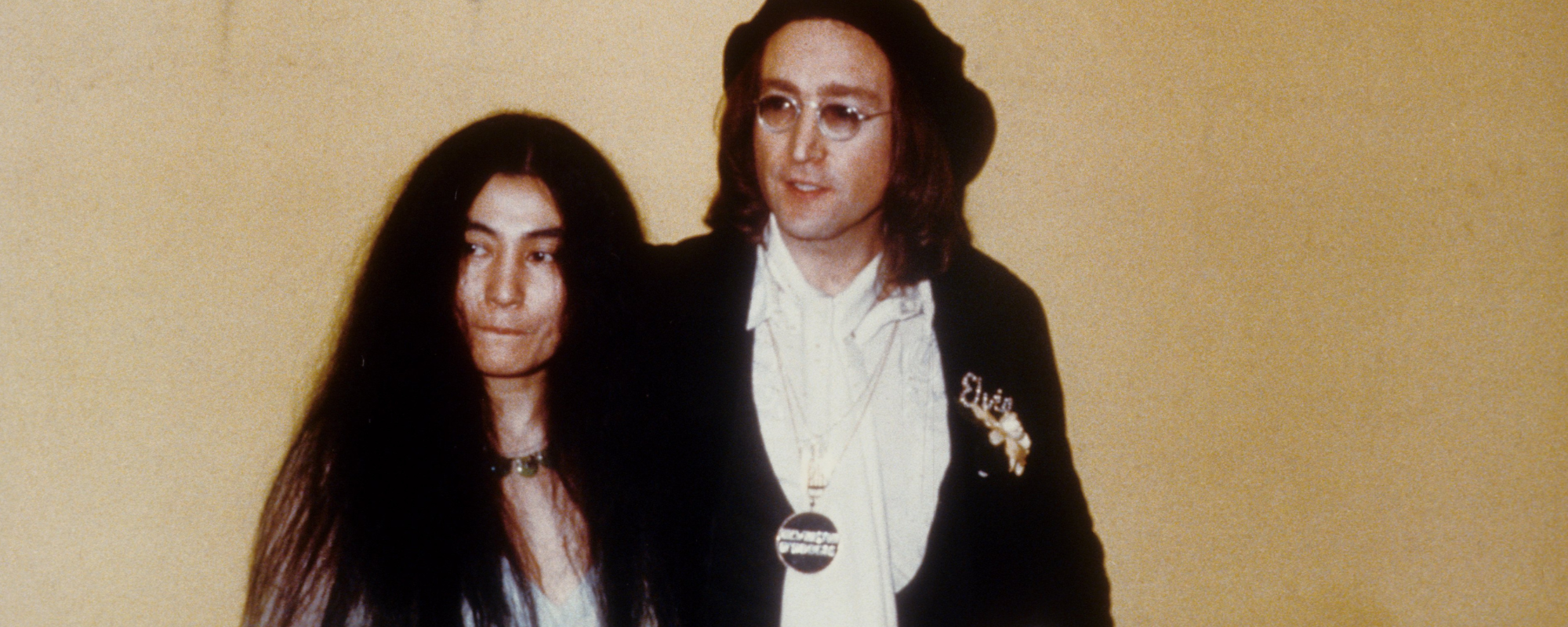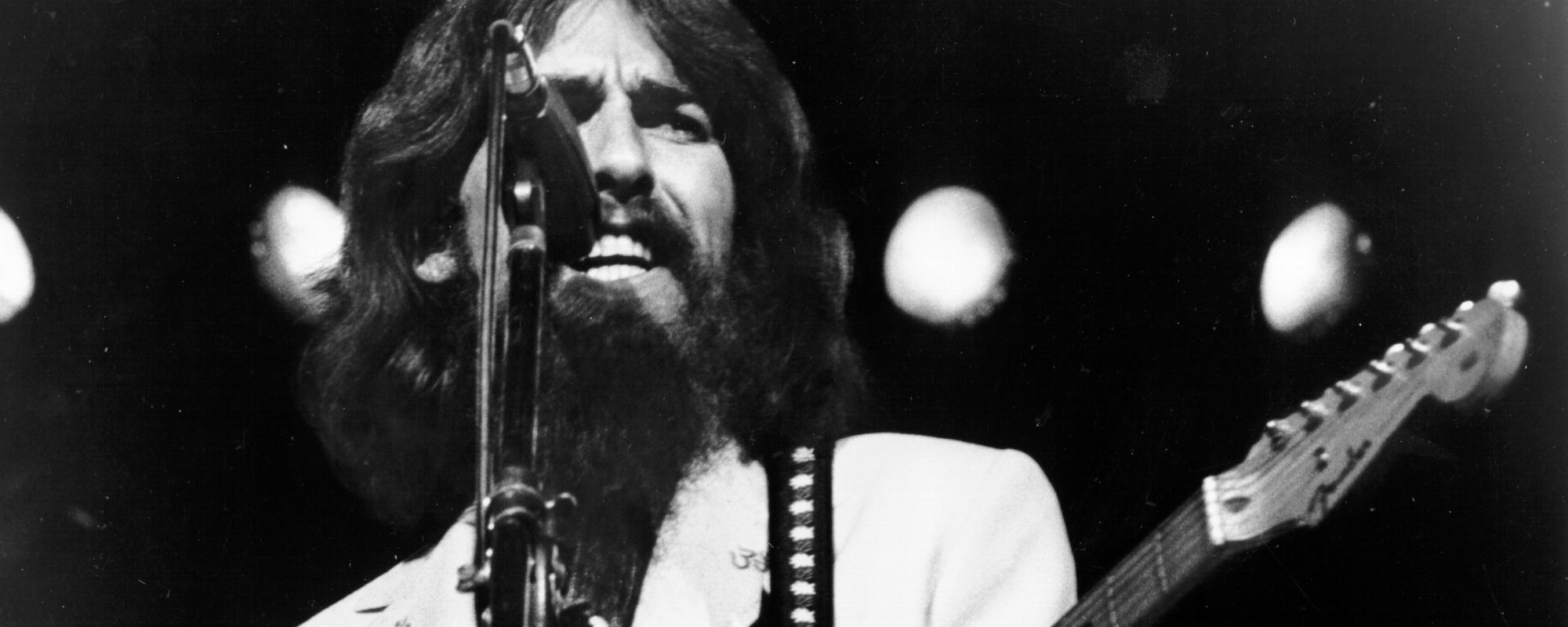For anyone who’s been in a relationship for decades, whether professionally or personally, it can be hard to keep things fresh. That’s why the Pacific Northwest-born rock group Sleater-Kinney, co-founded by Carrie Brownstein and Corin Tucker, works day in and day out to, as Brownstein says, find “new ways of expressing what is essential about the band.”
Videos by American Songwriter
Brownstein adds that it’s with this approach that the duo makes their best records. They operate at their peak performance, she says, “when there’s a thread between the early ingredients of the band, the early desperation of the band with our skills as songwriters today.” Armed with this effort and intention, Sleater-Kinney has created its newest LP, Little Rope.
“The songs we focused on, the songs that we kept working on,” says Brownstein, “were the ones that spoke to that through-line.”
The new Sleater-Kinney album opens with a bang. The duo’s song “Hell” is both a rock hit and indicative of the dynamic Tucker and Brownstein have benefited from all these years, ever since forming the feminist indie rock outfit in the mid-1990s. Sleater-Kinney succeeds, says Tucker, because the co-founders supplement each other’s talents. She knows how to belt a lyric and create a hook. Brownstein knows how to invent a mood with a guitar and provide lead licks that stick. Little Rope showcases that, from “Hell” to other should-be hits like “Hunt You Down.”
“We have different strengths,” Tucker says. “We’re different and that’s why what we do works together really well.”
“I think early on we were attracted to the way that we could find a vernacular that was unique to the two of us,” adds Brownstein. “That is not something we were able to manufacture.”
Indeed, anyone can pick up a guitar and attempt to sing. But it’s rare when there is actual magnetism, both between collaborators and between a band and an audience. For Tucker and Brownstein, that interplay happens naturally. And even as their musicianship and savvy have gotten more refined, they try to bridge their new skills with what originally made them stand out.
“I learned to play leads around what Corin is capable of doing with her singing voice,” Brownstein says. “I am much more of a punk singer. Corin has technically the much better voice.” Together, they found harmony even when singing counter-melodies.
Brownstein adds, “We are always interested in being greater than the sum of [our] parts. We are always working to achieve something a little ineffable or magic.”
But where did this possibility for magic originate? For Tucker, music has always been a part of her life. Her father was a “hobby musician,” she says. And as a teenager in the ’80s, music meant a great deal. Growing up in the era of Ronald Reagan, she says, music took on the role of speaking truth to power. Pre-Internet, songs on the radio or on record were some of the only ways young people could learn about the world in any countercultural way. “I became a real student of it,” she says, “especially indie rock as a teenager.”

For her part, Brownstein was also exposed to it early on in her life. At first, it was the popular music her parents played at dinner parties, and then it was listening to bands like Fleetwood Mac or Madonna on her own, plastering her walls with the music icons, and “jumping around in my room.” MTV was also important. It was then, she says, that Brownstein felt music was being made for her generation. Both Tucker and Brownstein became “obsessed.” Later, when they began to go to shows, the largess of a group became…not decreased but demystified. Brownstein could see pedal boards, amps, and how a player’s fingers moved on a guitar. “I found it very freeing,” she says. Brownstein got her first guitar at 15.
When Tucker and Brownstein talk about their group together, they talk about a mutually understood lexicon or language. Being so synergistic, to the point of near-telepathy, creates the opportunity for the two to do two things at once. They connect with each other and with listeners both intellectually and emotionally. That’s the potential power of music. “I love this quote from E.Y. Harburg,” Tucker says. “He said, ‘A song is a thought that you feel.’” In this way, a song expresses a thought with a feeling or emotive quality. “That’s really unique to human beings,” she adds.
For Brownstein, music “allows us to both deconstruct and construct simultaneously.” And it does so in a way that “everyday discourse can’t.” That, for Brownstein, “feels very vital” or even “sacred.” And it’s with this type of orientation to creativity that the duo created Little Rope.
The record was born of some significant tragedy, too. Not only have there been significant changes within the band, with longtime drummer Janet Weiss leaving in 2019, but outside of the group there have been difficulties, from enduring the pandemic and the world’s modern political chaos to Brownstein losing her mother and stepfather in a 2022 car accident. As a result, Brownstein says, the two have recommitted to the group and their friendship, and to a “sense of urgency” with the music.
“All of a sudden these songs that we had already written were dragged kicking and screaming into this nascent reality,” Brownstein says. “The stakes became very high. So, that started to shape what the record would sound like as a whole.”
In support of her longtime friend and music partner, Tucker joined Brownstein in seeking out the silver linings in all of their personal traumas. But finding power and beauty in the sordid and painful has long been a hallmark of Sleater-Kinney. Long has the duo brought inclusivity to popular music, inspiring women and other marginalized folks to do the same with their creativity. While the band’s legacy is for others to discuss, the two are proud of what they’ve achieved. Though, for the band, it’s not about nostalgia or the past. It’s about the present and linking today to the best of who they are and their essence as people and bandmates.
“I love the totality of the experience,” Tucker says. “[With music], I love being able to immerse myself in someone else’s story in a way that it’s not just intellectual [but] it has a physical and emotional aspect to it, as well.”
“Music gives me license to experience and express emotions that are not always allowed in the every day,” Brownstein says. “Whether that’s a level of anger or joy or dissatisfaction or immaturity … I love that permission and license, and I think that is always a means of making one feel closer either to themselves or with someone else. And it’s just a lot of fun!”
Photo by Chris Hornbecker












Leave a Reply
Only members can comment. Become a member. Already a member? Log in.